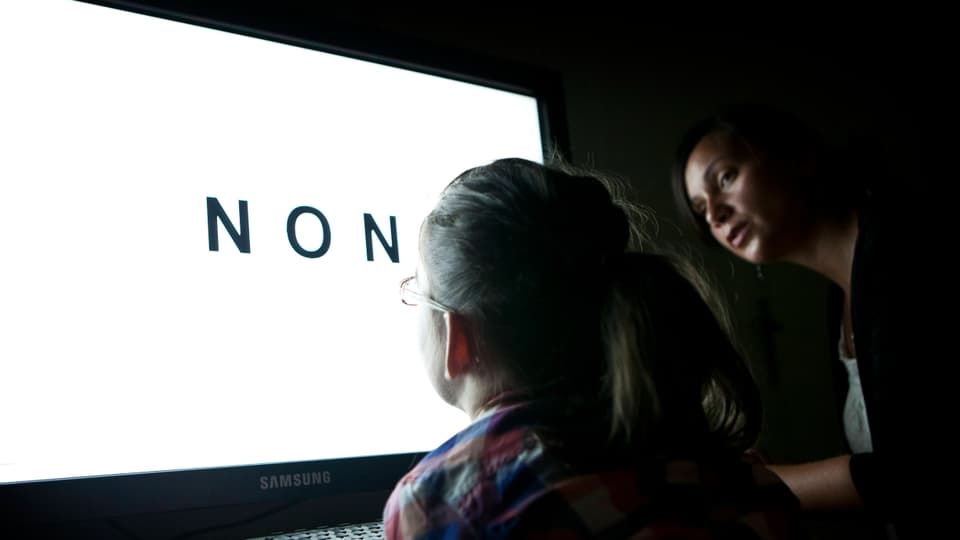Contents
The Internet could be a blessing for people with visual impairments – but it is only partly so. That should change. An awareness campaign has been running since last week with the message: Accessibility is also needed in the digital world. Something is also happening politically now.
For example, shopping online: This could be much easier for blind and visually impaired people than if they had to physically go to a store. The problem: The majority of online shops are not designed to be barrier-free, says Roland Studer, President of the Swiss Association of the Blind and Visually Impaired: “We have to find the products and put them in the shopping cart – and then be able to pay. This doesn’t work for all online shops.”
It’s just that you don’t think about it.
The fact that many of these shops and apps are currently not barrier-free is not a sign of ill will on the part of the operators, says Studer: “It’s simply the case that people don’t think about it.”
Legend:
Some websites and programs are specifically designed for the visually impaired and blind – most are not.
IMAGO/AMELIE BENOIST
That’s precisely why it’s important to raise awareness among companies about this issue – which is why the association last week a new campaign launched. The campaign is also aimed at politics – and the topic has now gained momentum there.
Revision of the Disability Equality Act
A few days ago, the Federal Council responded to a motion from the Green National Councilor Gerhard Andrey. In his motion, he demanded that the Federal Council also hold private companies more accountable in the future. In its response, the Federal Council now writes that it is currently revising the Disability Equality Act – and one of the central aspects of this is digital access in the private sector.
I generally expect that highly frequented websites must be as barrier-free as possible.
Gerhard Andrey is pleased about this – but also says: “For me it’s actually a matter of course that these hurdles can be broken down in a digital age.” Everyone should be able to move sensibly in the digital space.
Not all providers have the same obligation
From his point of view, the same requirements do not have to be placed on all companies: “I generally expect that highly frequented websites must be as barrier-free as possible.” On the other hand, there is no need to demand maximum accessibility from “every last club”.
The Federal Council is now working on its proposal to revise the law – the draft should be available this year.
